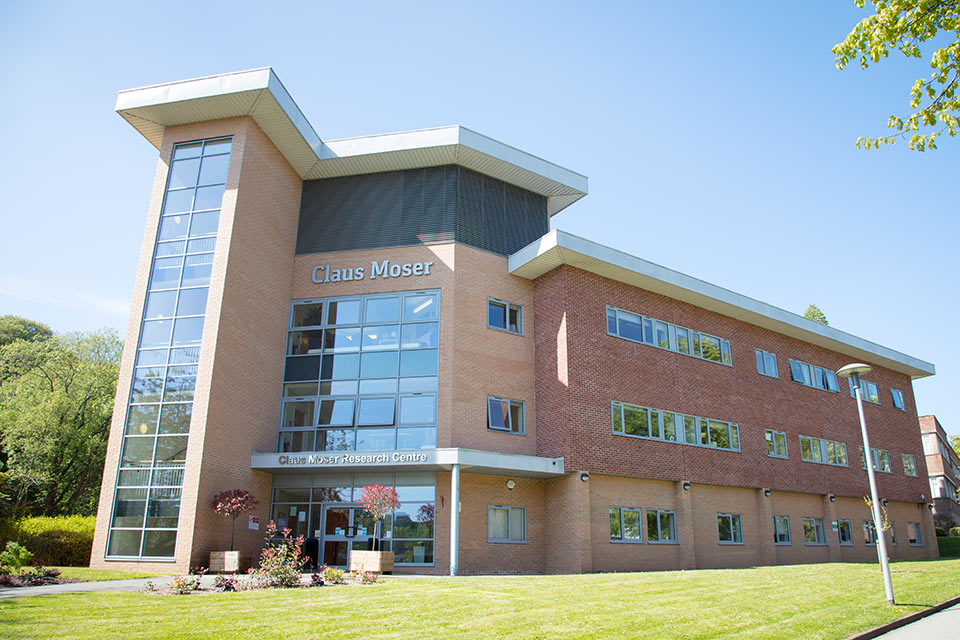Let us talk about Ethnography

10.15 Introductions
10.30 – 1.30 Interactive presentations
10.30 - 11.30
Practices of attention in multi-sensory and multi-species ethnography: how can we become more sensitive empirical researchers of the nonhuman?
Ms Maisie Tomlinson, PhD student in Sociology, University of Manchester
There is increasing interest in combining sensory methods with multi-species ethnography, but there is often uncertainty about the practicalities of such methods. This talk draws on research with horses in an ‘equine assisted personal development’ site and my experience of performance training to explore how the experiences of nonhuman animals might be more closely attended to.
11.30 - 12.30
Ethnography after Text, Talk and Tales from the Field: Unlocking the Potential of Multispecies Research
Dr Lindsay Hamilton, Senior Lecturer in Management, Keele Management School, Keele University
For most of its history as a discipline of qualitative research, ethnography has focused upon the human. This will come as little surprise, perhaps, given that it is a method devoted (quite literally) to people writing. Yet recent forays into posthumanist theory suggest that ethnography can - and should - evolve towards a less humanist approach. But how do we do this? We need an ethnography that takes account and makes accounts of other-than-human life in societies of multiple species. This talk will explore how ethnographers can apply this to their own endeavours, casting an eye over the variety of techniques and processes on offer and setting this into context with several cases and examples from the field.
12.30 – 1.30 Lunch and networking
1.30 - 2.30 Interactive presentation
Ways of unknowing: on alterity, mediation and liminality in Anthropocene ethnographies
This talk will critically revisit some of the concerns of scepticism with respect to the possibility of knowing nonhuman animal subjectivities, in order to explore the limitations of ethnography as a method predicated upon the intersubjective sharing of worlds. Rather than reaffirming anthropocentric scepticism, it will query the ontological politics and ethics of multispecies knowing and explore the role of alterity and unknowing in posthumanist methodologies.
2.30 - 3 Round up Q & A
Maisie Tomlinson is a doctoral researcher in human-animal relations at the University of Manchester. Her work explores the ontological and epistemological politics of animal behaviour expertise, focussing on two ethnographic case studies: the teaching of equine behaviour in “personal development” work with horses, and the development of a Qualitative Behavioural Assessment tool for laboratory mice. She has a particular interest in methodological questions around multi-species ethnography, and as well as drawing from her own ethnographic experience, her talk explores how the experiences of nonhuman animals might be more closely and critically attended to using techniques taken from performance training.
Dr Lindsay Hamilton is Senior Lecturer in Management and Undergraduate Director at Keele Management School. Her main interests lie in organisational analysis using ethnographic field techniques of interview, work shadowing and observation and, especially, applying such techniques to those organisations where humans and animals come together. She has conducted research in meat production factories, farms, veterinary surgeries and shelters, among other settings and is the author of 'Animals at Work' (Brill, 2013) and 'Ethnography after Humanism' (Palgrave, 2017).
Dr Richie Nimmo is Senior Lecturer and Undergraduate Director in Sociology at the University of Manchester. His research interests lie at the intersection of human-animal relations, society and environment, and science and technology studies. Past projects have included a posthumanist socio-material analysis of the modernisation of the UK dairy industry, drawing upon Foucauldian genealogy and actor-network theory, and a multi-species environmental sociology of commercial beekeeping and Colony Collapse Disorder. He is the author of Milk, Modernity and the Making of the Human (2010), and Actor Network Theory Research (2016), as well as numerous articles in human-animal studies.
- Event date
- Event Time
- 10:15AM
- Location
- Claus Moser Research Centre (0.12) | CM
- Organiser
- Tracey Harrison
- Contact email
- links@keele.ac.uk
- Contact telephone
- +44 (0)1782 734256

